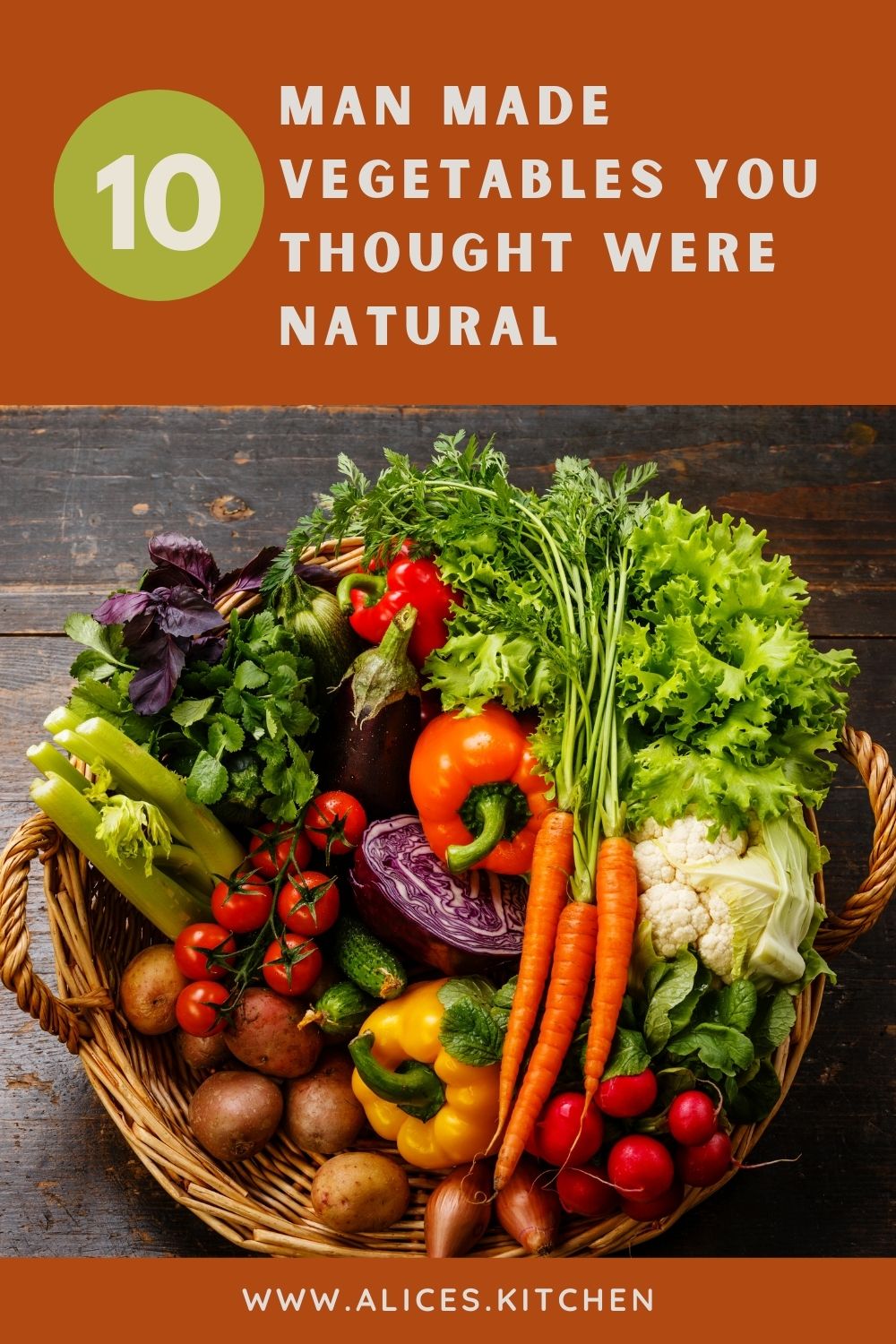A New Era In Agriculture

In a world where technology and agriculture are increasingly intertwined, the concept of man made vegetables has emerged as a fascinating solution to various global challenges. From addressing food shortages to enhancing nutritional content, these engineered crops represent a significant leap forward in agricultural science. As we delve into this topic, we will uncover the methods, benefits, and potential drawbacks of cultivating vegetables through artificial means.
Man made vegetables, often referred to as genetically modified organisms (GMOs), are crops that have been altered at the genetic level to exhibit desired traits. This innovative approach allows scientists to create vegetables that grow faster, resist pests, and withstand harsh environmental conditions. As food security becomes a pressing concern worldwide, the role of man made vegetables in sustainable agriculture is gaining prominence.
However, the debate surrounding genetically modified foods is complex and multifaceted. Advocates argue that man made vegetables can help combat hunger and improve food quality, while critics raise concerns about potential health risks and environmental impacts. In this article, we will explore the various dimensions of man made vegetables, including their development, benefits, and the ethical considerations they raise.
What Are Man Made Vegetables?
Man made vegetables are crops that have been genetically engineered to enhance certain characteristics. This may include increasing resistance to pests, improving nutritional value, or enabling the crops to thrive in adverse environmental conditions. Through techniques like CRISPR and traditional genetic modification, scientists can introduce specific genes into a plant's DNA, resulting in a vegetable with desirable traits.
How Are Man Made Vegetables Created?
The creation of man made vegetables involves several advanced techniques:
- Genetic Engineering: Scientists identify and isolate specific genes responsible for desired traits and insert them into the plant's genome.
- CRISPR Technology: A revolutionary tool that allows for precise edits to the DNA sequence, enabling targeted modifications.
- Hybridization: Combining different plant varieties to produce offspring with favorable traits.
- Biotechnology: Utilizing various biological processes to enhance plant growth and resilience.
What Are the Benefits of Man Made Vegetables?
Man made vegetables offer several advantages, including:
Are Man Made Vegetables Safe to Eat?
The safety of man made vegetables is a major concern for consumers and regulatory bodies. Extensive research and testing are conducted to ensure that genetically modified crops do not pose health risks. Regulatory agencies, such as the FDA and EFSA, evaluate the safety of these products before they enter the market. Studies have shown that man made vegetables are as safe to eat as their conventional counterparts.
What Are the Controversies Surrounding Man Made Vegetables?
Despite their benefits, man made vegetables have sparked significant controversy:
- Health Concerns: Critics argue that long-term consumption of GMOs may have unforeseen health effects.
- Environmental Impact: Some fear that genetically modified crops could disrupt local ecosystems and reduce biodiversity.
- Corporate Control: The patenting of genetically modified seeds by large corporations raises ethical questions about food sovereignty.
What Steps Are Being Taken to Regulate Man Made Vegetables?
To address safety and ethical concerns, various regulations and guidelines have been established:
- Labeling Requirements: Some countries mandate labeling of GMO products to allow consumers to make informed choices.
- Risk Assessment: Regulatory agencies conduct thorough assessments of genetically modified crops before approval.
- Public Consultation: Engaging the public in discussions about GMOs helps build trust and transparency.
What Is the Future of Man Made Vegetables?
The future of man made vegetables looks promising, with ongoing research aimed at developing crops that can address specific agricultural challenges. Innovations in biotechnology may lead to even more resilient and nutritious varieties, helping to ensure food security in the face of climate change and population growth. As public acceptance of genetically modified foods increases, man made vegetables may play a crucial role in sustainable agriculture.
How Can Consumers Get Involved in the Man Made Vegetable Debate?
Consumers can play an active role in the discussion surrounding man made vegetables by:
- Educating Themselves: Understanding the science behind genetic modification helps dispel myths and misconceptions.
- Advocating for Transparency: Supporting labeling initiatives and transparency in food production fosters informed decision-making.
- Engaging with Policymakers: Participating in public forums and discussions can influence regulations and policies regarding GMOs.
Conclusion: Are Man Made Vegetables the Key to Sustainable Agriculture?
In conclusion, man made vegetables represent a significant advancement in agricultural science, with the potential to address pressing global challenges such as food security and climate change. While there are valid concerns surrounding their safety and environmental impact, ongoing research and regulation aim to mitigate these issues. As consumers become more informed and engaged in the dialogue, the future of man made vegetables could pave the way for a more sustainable and resilient food system.
You Also Like
Understanding The Double Clicking Dilemma Of Your Glorious MouseTransform Your Space With Ernesta Rugs: The Ultimate Guide
Piercing Bump Solutions: Your Guide To A Smoother Healing Process
Unraveling The Charm Of The Old Navy Cardigan
Usagi With Her Hair Out: A Journey Through Elegance And Personality
Article Recommendations
ncG1vNJzZmiZlKK2r3rBqKmdnaKhrq%2Bw0mespGaTpLpwwNGynJygn2t8rq3NZqSanJViw6azxK2Ym6SVqHupwMyl